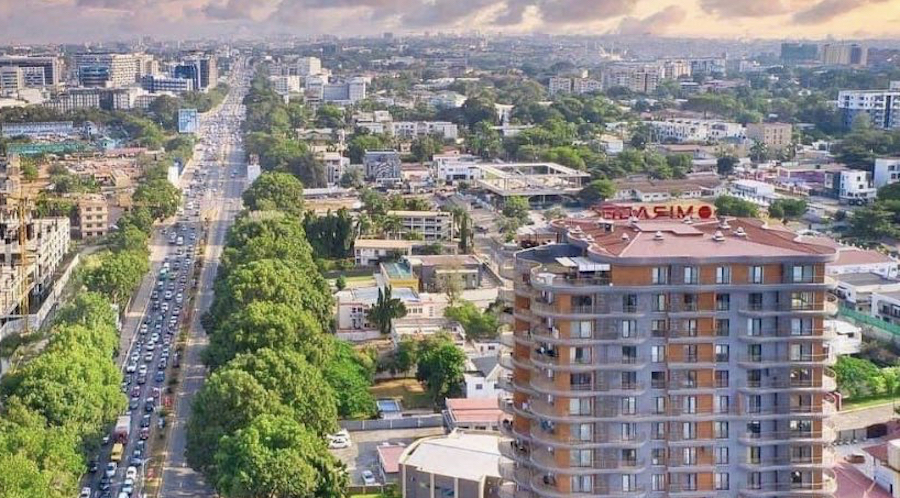
Entebbe City, nestled on the serene shores of Lake Victoria, stands as one of Uganda’s most important and historical cities.
This beautiful town, defined by its lush green landscapes and inviting atmosphere, offers a unique blend of past glory and a promising future.
Its rich history, culture, stunning geographical setting, and progressive urban development make it a place of fascination for visitors from all corners of the globe.
Historical Background
Named after the Luganda word ‘Entebbe’ which means ‘seat’, the city is known to have been the seat of the Buganda Kingdom, one of the oldest monarchies in Uganda.
This city was chosen for the ‘seat’ because of its strategic location on a peninsula in Lake Victoria, providing an idyllic natural defense.
The city’s historical significance is embodied by the State House, the official residence of the President of Uganda, a grand white-walled structure symbolizing power and authority.
Entebbe’s history was deeply intertwined with colonial rule, serving as the British colonial administrative center in Uganda.
The colonial imprint is still evident in the city’s architectural landscape, featuring some colonial-era buildings that survive to this day.
One of the darkest chapters in its history unfolded in 1976 when an Air France flight from Tel Aviv to Paris was hijacked and rerouted to Entebbe Airport, resulting in a tense hostage crisis.
The dramatic Israeli commando rescue, known as Operation Entebbe or Operation Thunderbolt, placed the city in the global spotlight.
Geographical Setting
The geography of Entebbe is as captivating as its history. The city is located on a peninsula in Lake Victoria, the largest lake in Africa and the second-largest freshwater lake in the world.
The Lake’s tranquility provides a soothing contrast to the bustling city life, offering an array of water-related activities such as boating, fishing, and bird-watching.
The city is blessed with a tropical rainforest climate, with warm temperatures and high humidity.
The natural environment is further enhanced by the Entebbe Botanical Gardens, a paradise for nature enthusiasts that stretches over 40 hectares, boasting a vast variety of flora and fauna.
These gardens, established in the late 19th century, offer a unique opportunity to study the country’s indigenous plants and animals, as well as species from other tropical countries.
Economy
Entebbe’s economy is diverse and vibrant, benefiting from its strategic location, its historical significance, and its natural attractions.
The city is a center for government and administrative functions, with the State House and several government offices located here.
Additionally, it is home to the headquarters of the Civil Aviation Authority of Uganda, further underscoring the city’s strategic importance.
Tourism
Tourism plays a significant role in the city’s economy. With its scenic beauty, rich history, and unique cultural experiences, Entebbe attracts both domestic and international tourists.
From the white sands of Lido Beach to the wildlife-rich Ngamba Island Chimpanzee Sanctuary, the city offers an array of attractions. The Entebbe Golf Club, with its well-maintained greens and fairways, is a favored destination for golfing enthusiasts.
Entebbe International Airport, the largest and busiest airport in Uganda, is a crucial gateway to the country and a vital contributor to the city’s economy. Around the airport, there are various travel options, you can easily get a car rental in Entebbe to commence your journey to other areas of the country.
It serves as an air transport hub, connecting Uganda to the rest of Africa and the world. Besides passenger flights, it also handles cargo transport, significantly contributing to the city’s trade activities.
Education and Health
Entebbe boasts a robust education system, with numerous public and private schools providing quality education at different levels.
Some notable institutions include the Kisubi Brothers University, St. Mary’s Secondary School, and Entebbe Junior School.
These institutions have played a significant role in shaping the city’s social fabric and contributing to the nation’s human capital.
The city is well-served by various health facilities, including the State House Medical Centre, Entebbe General Hospital, and several private clinics.
The Uganda Virus Research Institute, located here, is a prominent center for research into communicable diseases and has played a pivotal role in tackling health challenges such as HIV/AIDS and Ebola.
Cultural Landscape
Entebbe is a melting pot of cultures, offering a rich tapestry of traditions, languages, food, music, and dance. It is home to people from different ethnic backgrounds, including the Baganda, Basoga, Banyankole, and many more.
Luganda is the most commonly spoken language, though English is widely used, particularly in official and educational contexts.
The city’s cultural heritage is celebrated through numerous festivals and events, showcasing the country’s traditional music, dance, and crafts.
The food is another essential aspect of the city’s culture, with local cuisine offering a delightful mix of traditional Ugandan dishes such as matooke (steamed bananas), Luwombo (steamed meat), and fish from Lake Victoria.
Entebbe City is a gem in the heart of Uganda. It is a testament to the country’s rich history and cultural diversity, while its scenic beauty and modern amenities offer a remarkable experience for residents and visitors alike.
As a city, Entebbe stands as a beacon of Uganda’s past, present, and future, constantly evolving while staying deeply rooted in its unique heritage.
Whether through its inviting beaches, vibrant markets, colonial-era architecture, or diverse culinary experiences, Entebbe continues to enchant and inspire, asserting its unique position on the global map.